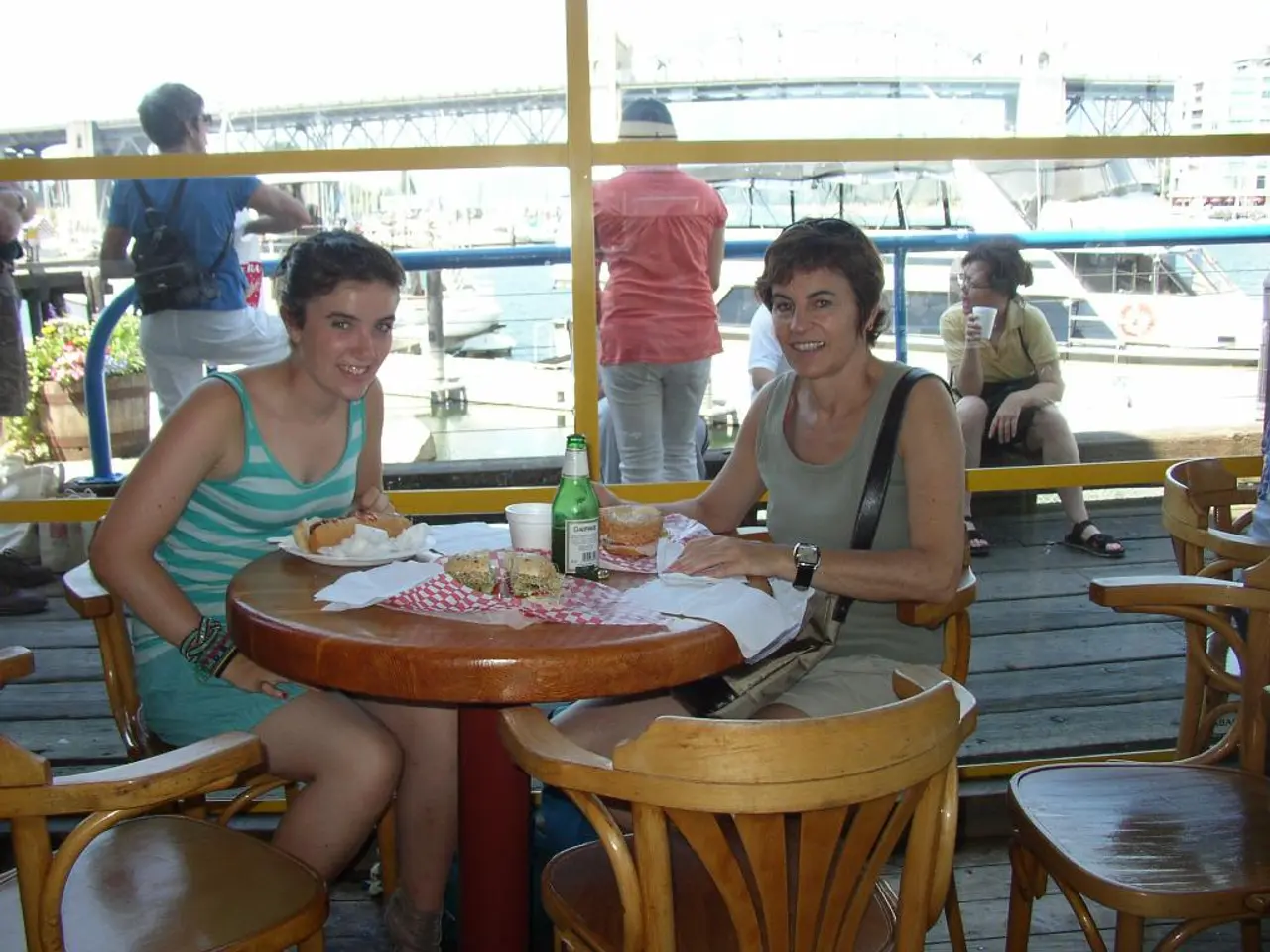Construction commences at Lithuania's initial green hydrogen facility, located within its port area
The Port of Klaipėda is set to become a hub for green, competitive, and attractive energy solutions, as the construction of Lithuania's first green hydrogen production station commences. This project, part of Lithuania's Economic Recovery and Resilience Plan, is being developed under the auspices of the EU's NextGenerationEU facility and is expected to cost €12m.
Gevalda, a prominent construction company, is responsible for building the station, which will produce 127 tonnes of hydrogen per year. Part of this hydrogen will power Lithuania's first green hydrogen-powered vessel, the "Terra Baltica."
Algis Latakis, Director General of the Klaipėda State Seaport Authority, commented on the project's progress. He stated that the tanker, currently getting accustomed to the seaport water, is expected to start its mission of maintaining a clean seaport environment at the end of the year.
The tanker, measuring 42m in length, will be equipped with two electric motors powered by 2,000 kWh batteries and a hydrogen fuel cell system. It will also be fitted with special tanks and a rainwater treatment plant, allowing treated water to be transferred to the city's sewage treatment plants.
In addition to collecting storm water, sewage, sludge, and managing waste, the tanker will play a crucial role in the hydrogen production and refuelling project. It will gather hydrogen produced at the station, which will be used to power the "Terra Baltica" and contribute to the port's green vision.
The construction of the station and the launch of the "Terra Baltica" align with Latakis's vision of Klaipėda Port as a green, competitive, and attractive destination. This development not only boosts Lithuania's green energy sector but also positions the Port of Klaipėda as a pioneer in the Baltic States for green hydrogen production and transportation.








